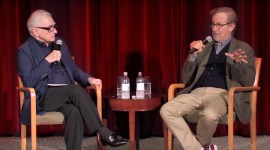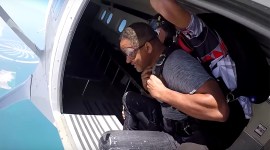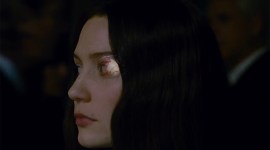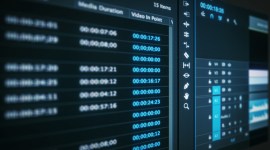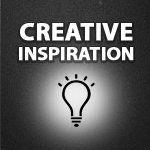
Secrets From The Edit Suite – EditFest London
If you couldn’t make it to Edit Fest London, here are 10 insights I learned from top television and film editors at this year’s Fest!
EditFest is a day long series of panel discussions featuring top professional film and television editors, held in New York, Los Angeles and now London. But it is far more than just a day of talk, its a rare opportunity to meet, question and learn from world-class editors who are working on major Hollywood blockbusters and HBO multi-series hits.
For a full run down of the panelists check out the Edit Fest site but know that if you’d been there, you too could have chatted over a glass of wine with the editor who cut the famous scene in Heat where Pacino and De Niro talk it out over coffee!
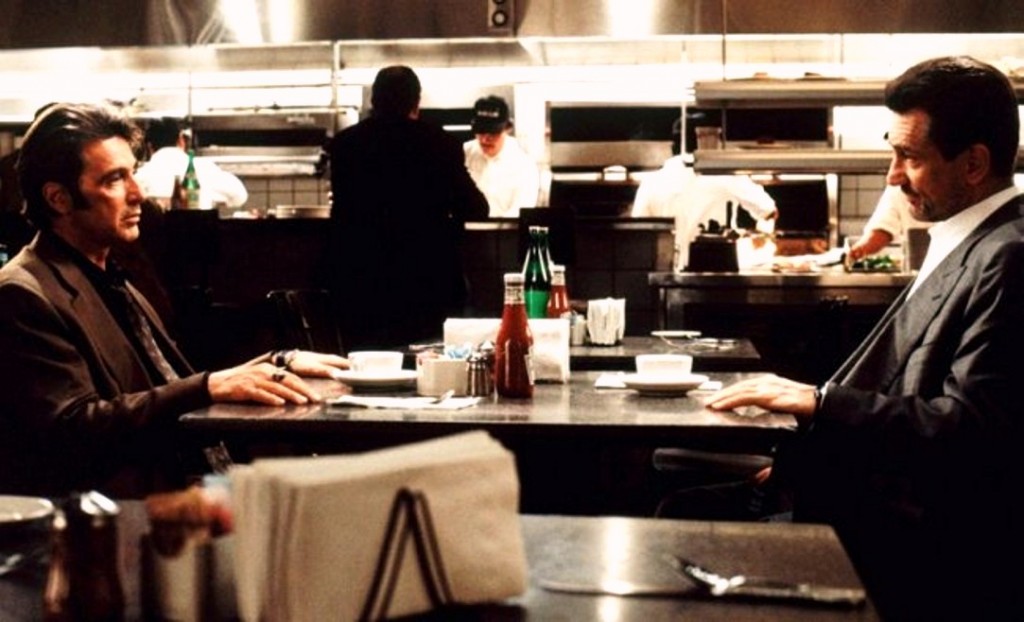
Lesson No. 1 – You’ve Got To Get Out There
In this Internet age, its very easy to assume that event info will make its way online; that you just can download the podcast, read the blog posts or follow the live tweets and basically have gotten much of the same content as those who attended but for free and from the comfort of your own home. Well you would be wrong. Totally and utterly wrong!
The beauty of events like Edit Fest or The Supermeet, or any event where you physically meet people, is all the stuff that happens before and after the panels. It is the chats in the corridor or over coffee or at lunch. The first lesson I learned from EditFest is that you’ve absolutely got to go to events like these. Make the trip, pay the money because days like these are a rare opportunity to get inspired, informed and integrated with other post production professionals in a way that’s not feasible online.
Lesson No. 2 – Group Therapy
Chatting to fellow editors at the AOTG.com pub night after the free Edit Fest cocktail mixer (those Dutch editors can drink!), it seemed like the main encouragement that most editors took away from the day was that we all face the same problems, regardless of budget, genre or product market. Problems like the first version being embarrassingly bad, that its really hard to stay fresh, or that you can’t bear to watch your own work for a good few years afterwards. As John Wilson A.C.E. editor of Billy Elliot said on the day ”It takes me five years to watch a movie I’ve cut, to really see what I’ve done.”

Spending a day discussing the craft with other editors at all stages in their careers was both highly educational and extremely encouraging.
Lesson No. 3 – Diplomacy Is Essential
“The most important talent to develop in the cutting room is diplomacy. Never hold anyone’s idea up to ridicule. Try anything and be ready to fight for what you think is right.” -Tom Rolf A.C.E.
If there is one lesson which is absolutely vital for any editor to learn it is that being diplomatic is crucial to developing a healthy career. The edit suite is not only just the place where films are made, but also the arena of a great deal of personal politics, passions and opinions. All of which needs to be handled with a deftness and a strength that is often a real challenge to get right.
As Tom Rolf sums up, being open to any idea is important not just on a personal level but for the benefit of the project. It’s all to easy to defend your edit decisions by saying ”I tried that and it didn’t work” than to cheerfully give it another go anyway. Equally it is important to be able to engage in a respectful level of argument when you really believe in a creative call. As Tom later said “It’s alright to get a little blood on the cutting room floor.”
Lesson No. 4 – Fighting Film Blindness
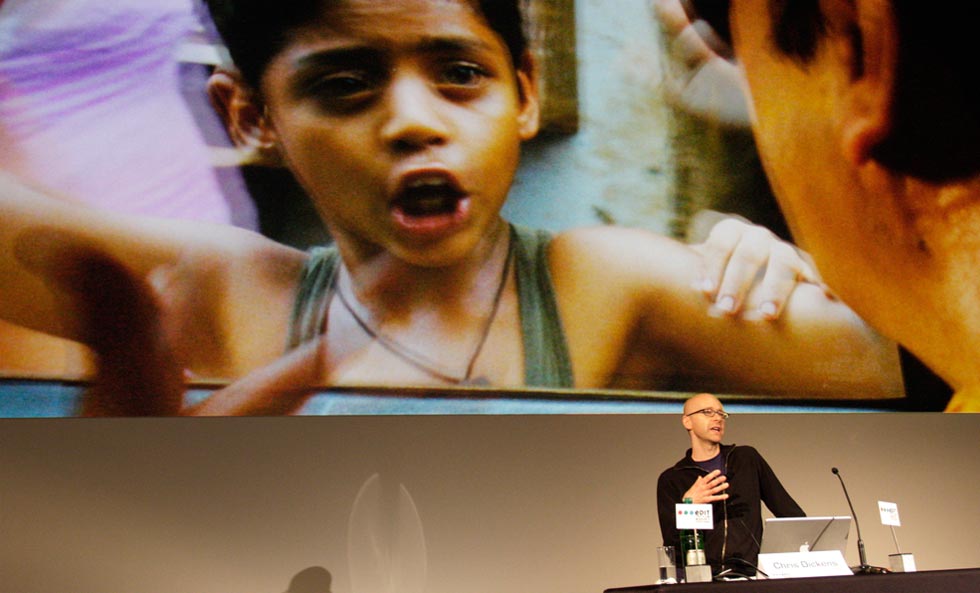
When you are working on a project for a long time one of the most difficult hurdles to over come is that of ‘film blindness’ – being so close to your work that you can’t see it as it really is. The feature film editor’s panel shared some of their secrets on how to stay fresh to the material.
“I try to watch it in a different context from the work environment, taking it home or into a screening room. I try not to dismiss any notes. Your negative reaction might be because you’re too close to the scene. So be open to all ideas.” -Chris Dickens A.C.E. (Slumdog Millionaire)
“I try not to watch it alone with the director because its too easy to talk through it. It’s much better to bring in another person, to help see it through their eyes.” -Tracy Granger A.C.E. (Boys Don’t Cry)
“I like to make viewing the film in the edit suite a bit more of an event by turning off the monitors, turning all the chairs around and setting up a video projector. It helps keep everyone focused on the film.” -Eddie Hamilton A.C.E. (Kick Ass 1 & 2)
Lesson No. 5 – Film Vs Digital
With the advent of digital media and the demise of film, many of the editors felt a few vital things had gotten lost along the way and that the expected pace for editors had quickened a bit too much.
“Rewinding a Steenbeck gave you plenty of thinking time and thinking time is vital.” -John Wilson A.C.E.
“Rewinding through rushes also gave you a chance to see every frame at high speed and you could spot things you’d forgotten.” -Tracy Granger A.C.E.
“On film you had to construct it first in your head and then do it physically. Now that the polish comes with it (in digital) you don’t pay as much attention to the basics, structure etc. Because everything is so fast you feel like you have to get it right the first time. But you need the opportunity to get it wrong.” –Chris Dickens A.C.E.
“It’s getting more and more difficult these days to watching everything. Shooting ratios on Game of Thrones can be as high as 60/1 (normally its 15/1) as they’re always running several cameras. I still try to do that but I have to admit I sometimes have to skim.” -Frances Parker A.C.E. (Game of Thrones)
Lesson No. 6. – Watching Rushes
The TV editors panel, moderated masterfully by Gordon Burkell from Art of the Guillotine provided lots of insights into each editors technique when it comes to digesting rushes and tackling a scene for the first time.
“Each job is different and you just have to respond to the rushes each time. For me the performance comes through the eyes and I’m just responding to instinct and feel. And I’ll look at the script to see where is the drama in this scene and then shape it around that.” -Kristina Hetherington A.C.E. (Birdsong)
“It all starts with the story. My edit suite needs a sofa in it because once I look at the rushes I need to have a lie down (to think). You’ve got to find the best nugget and shaping the story around that. It’s all about story, story, story. But each editor has their own pattern, there’s no set rules.” -Oral Norrie Ottey A.C.E. (Game of Thrones)
“Dialogue scenes are often difficult to cut as there are so many nuances you want to pull through. I make extensive notes on the script – Great reaction to this line etc – and start as faithfully to the script as I can. I often assemble quickly and then leave it because you can often over work it. When I re-watch it later I’m looked for the real focus of the scene, which might not be what you thought it was when you assembled it. Its a very fluid process.” -Frances Parker A.C.E.
“Very rarely does a film work as it’s scripted. I stop reading the script after the first day of shooting because if they haven’t shot it, it doesn’t matter. The footage is all that matters.” -Eddie Hamilton A.C.E.
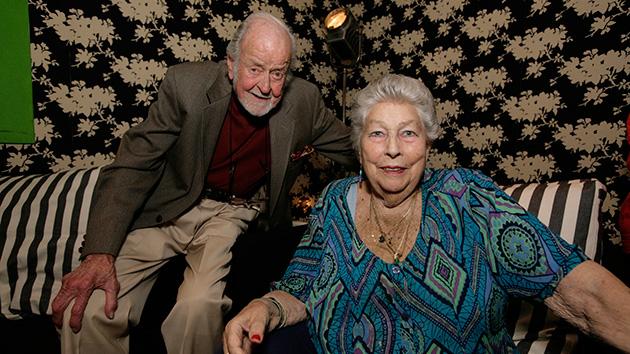
Lesson No. 7 – Wile editor tricks
During the day a few cunning editors tricks were mentioned which might come in handy one day.
“I’ll leave a bad scene in to misdirect attention, to give me more time to do the real work.” -Mick Audsley A.C.E (Harry Potter and the Goblet of Fire)
“It’s always good to have a couple of really polished sequences to roll out when people come to look at things.” –Chris Dickens A.C.E.
“We kept the process private by being portable. I was editing Kick Ass 2 on a laptop in the directors flat in Kensington.” –Eddie Hamilton A.C.E.
“I prefer working alone. Staying late to strip the film down to the spine, taking out things the director would never want to lose, just to see what you have. There’s a very small difference between a bad idea and a brilliant idea which you wouldn’t try with other people in the room.” -Tracy Granger A.C.E.
Lesson No. 8 – Working with Sound
It was interesting to hear a variety of opinions on working with sound, with some editors leaving it all to the sound editors while others feeling like they needed to provide a highly polished and full sounding mix, right out of the Avid.
“I often watch it on mute to see the issues buried in it. I try to make it as hard as possible for something to carry the scene if its not working.” -Mick Audsley A.C.E
“I will cut it mute for a long time, imagining it with the sound effects at first and then adding in sound effects, music etc as a full mix to make the most of sound’s storytelling power.” -Eddie Hamilton A.C.E.
“It’s all too easy to fall in love with the temp music. But if it works without sound effects and music, you know it will be fantastic with it.” -Kristina Hetherington A.C.E.
Lesson No. 9 – Cutting for drama
The most important thing you can do as an editor is to focus on the drama and the story. It’s more important for the drama and the story to be perfect than for the cosmetic things like continuity or stylistic touches to be 100 percent accurate. Chatting to commercial’s editor James Rosen at the AOTG pub night, he shared how he had learned to focus on the choices he was making in his editing as they relate to the drama of the scene: cutting to a close up not for the best line but because the drama of the scene dictates that we need to be in a close up. It’s a great lesson to ponder when watching back what you’ve cut.
“I like to focus on the eyes, if they’re feeling it, we will feel it. It’s about balancing the emotional output. Not having too much either. Sometimes you need to throw away what may be the most amazing part because its too much.” -Kristina Hetherington A.C.E.
Lesson 10. – Work Hard
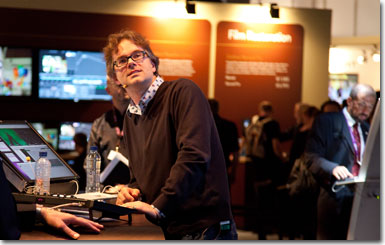
One of the things that struck me most was Eddie Hamilton’s absolute drive to be the very best editor he can be, which seems to have been a major factor in his whole career progression. If you want more advice from Eddie on getting into the film industry, check out this great article on his site.
“I remember as a kid begging a friend’s dad to take me to see Return of the Jedi, because I never got taken to the cinema.” “I failed to get into film school and so I got a job as a runner and taught myself Media Composer, staying behind every single evening and weekend.” “I often think if I stay an couple of extra hours, then I can make sure this is world class, in case anyone comes in to see it tomorrow.”


